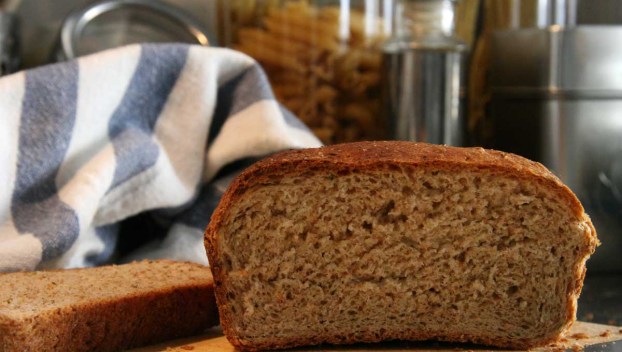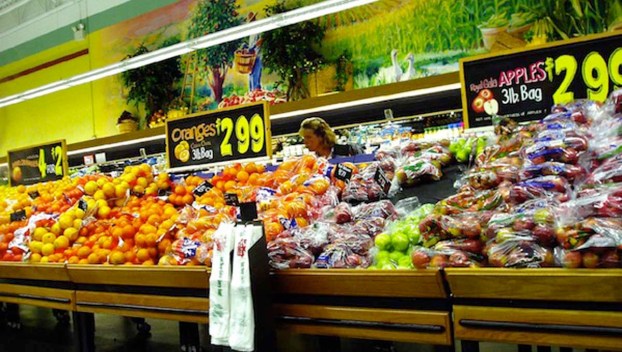
Uncategorized
7 foods you shouldn’t fear
Are you shying away from bad foods that are actually good for you? With all the hoopla about ... Read more

Are you shying away from bad foods that are actually good for you? With all the hoopla about ... Read more

Buying fresh foods and trying to maintain a healthy lifestyle can put a damper on your wallet. A ... Read more